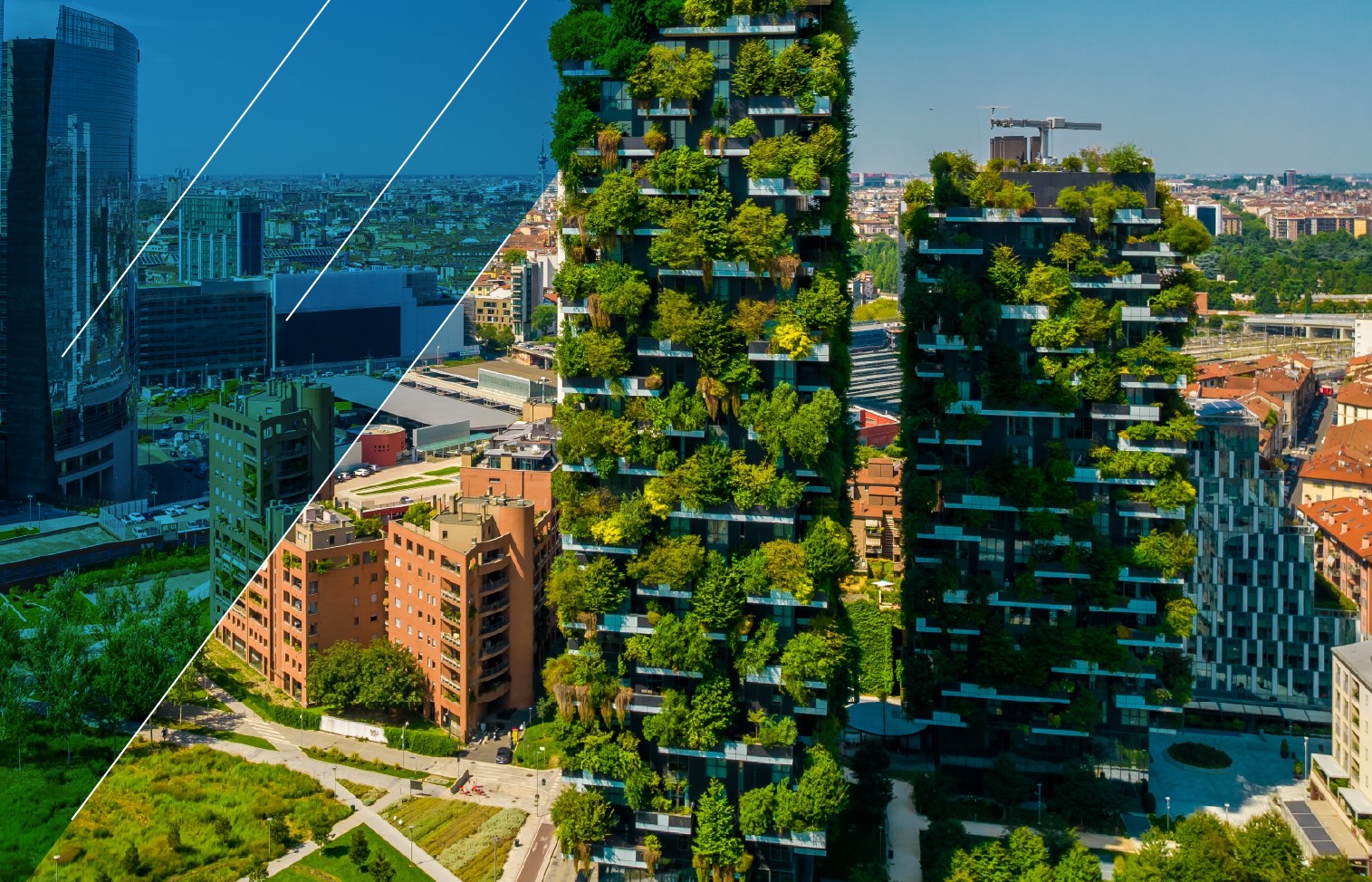
World Cities Day --31 October 2023
World Cities Day is expected to greatly promote the international community’s interest in global urbanization, push forward cooperation among countries in meeting opportunities addressing challenges of urbanization and contributing to sustainable urban development around the world. And, domestically, it is critical that all relevant levels and sectors of government must be involved in making decisions on investment, instead of only those involved in collecting taxes and other revenues.
Urbanization provides the potential for new forms of social inclusion, including greater equality, access to services and new opportunities, and engagement and mobilization that reflects the diversity of cities, countries and the globe. Yet too often this is not the shape of urban development. Inequality and exclusion abound, often at rates greater than the national average, at the expense of sustainable development that delivers for all.
In a world where cities are growing and expanding at an unprecedented rate, it becomes increasingly clear that we must make strategic investments in green urbanization to ensure a sustainable future. Efforts to mitigate climate change, halt, and reverse biodiversity loss, stop pollution and combat poverty and inequality will continue to be critical in cities.
By 2050, nearly 68% of the global population will call urban areas home. The well-being and prosperity of billions of people depend on our ability to plan, design, and manage cities that can withstand the challenges of rapid urbanization, environmental pressures, and resource constraints. It is imperative that we prioritize sustainability in urban development, focusing on efficient infrastructure, green spaces, clean energy, and resilient systems. By doing so, we can not only accommodate the growing urban population but also enhance the quality of life for all, ensuring a brighter and more sustainable future for generations to come.
The urgent implementation of the Kunming-Montreal Global Biodiversity Framework is critical for both people and planet. To keep our cities healthy, clean and prospering, biodiversity must be a priority and financing must follow.
While the entire Framework is relevant to cities and the process of urbanization, Target 12 aspires to substantially increase the area and quality and connectivity of, access to, and benefits from green and blue spaces in urban and densely populated areas, ensuring sustainably remains at the forefront of this endeavor.
The Conference of the Parties to the Convention on Biological Diversity also recognized that part of moving the Framework from agreement to action would include adopting related decisions on resource mobilization and capacity building to support the implementation of the Framework. Target 19 in the Framework aims to substantially and progressively increase the level of financial resources from all sources, mobilizing at least $200 billion per year by 2030. A new Global Biodiversity Framework Fund has already been established, uniquely dedicated to support the implementation of the Framework, its goals and its targets.
More information:
Kunming-Montreal Global Biodiversity Framework
Cities and Subnational Governments